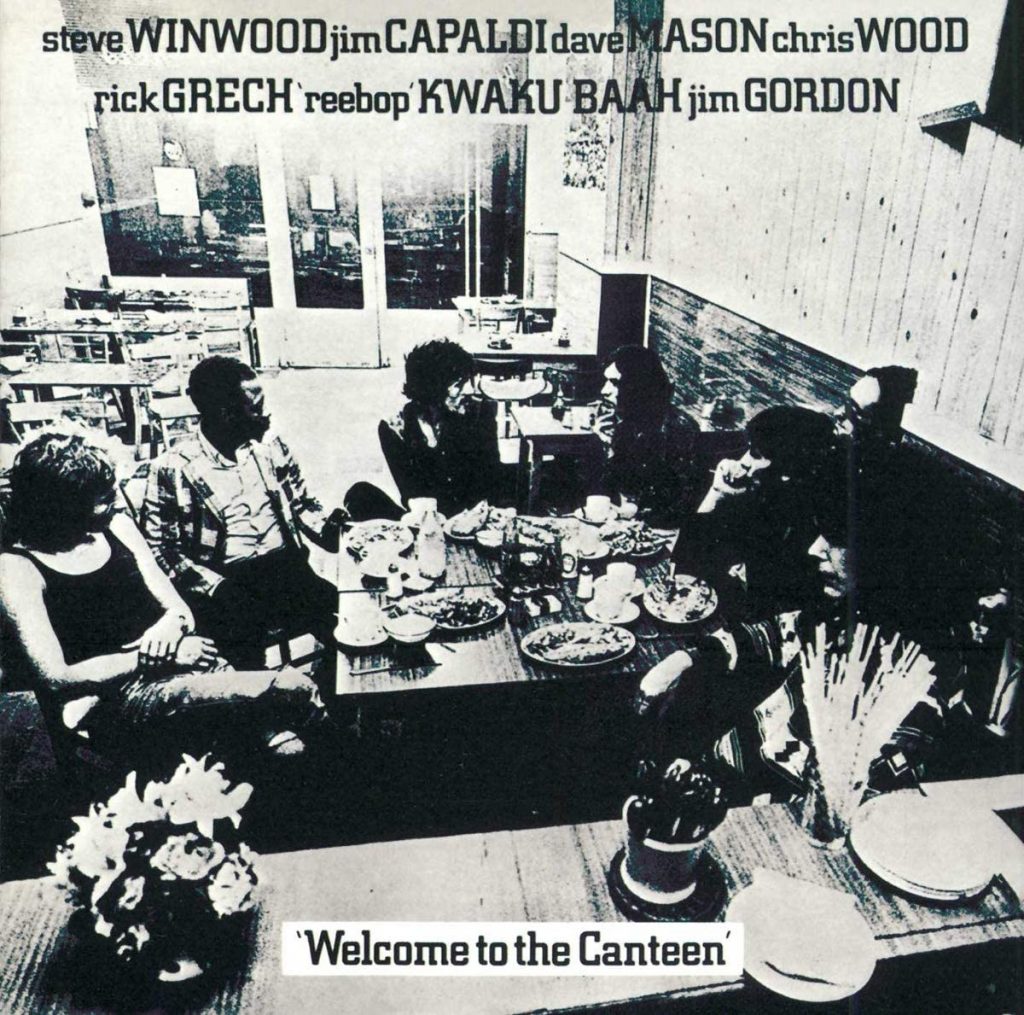 The South London town of Croydon opened the arts, entertainment and conference center Fairfield Halls in 1962. With well over a thousand seats in the main concert hall, it quickly became a favored venue for opera, theatre and, especially, pop and rock as it exploded during the ’60s. The Beatles, the Who, Stevie Wonder, Pink Floyd and Elton John played there; Free, the Nice and Soft Machine recorded live albums in the venue.
The South London town of Croydon opened the arts, entertainment and conference center Fairfield Halls in 1962. With well over a thousand seats in the main concert hall, it quickly became a favored venue for opera, theatre and, especially, pop and rock as it exploded during the ’60s. The Beatles, the Who, Stevie Wonder, Pink Floyd and Elton John played there; Free, the Nice and Soft Machine recorded live albums in the venue.
When guitarist Dave Mason and drummer Jim Gordon stepped on stage in Croydon on June 6, 1971, they’d already been there numerous times, including as part of Delaney and Bonnie and Friends, who recorded their On Tour with Eric Clapton album there Dec. 7, 1969. Likewise, vocalist and bandleader Steve Winwood was familiar with the venue, playing there with Traffic most recently on May 31, 1970, although the group’s lineup had changed in the interim. Mason, who had repeatedly clashed with Winwood over the years, was now back for another go, lasting only six gigs (including June 21 at the Glastonbury Fayre festival and the OZ magazine benefit in London on July 3).
The 1971 Fairfield Halls show was billed as “Traffic With Friends,” and the live album that resulted, Welcome to the Canteen, wasn’t credited to Traffic at all: the front cover listed only the names of participants with no band name. Winwood sang, played keyboards and guitar, Rick Grech (ex-Family and Blind Faith) was on bass, Traffic co-founder Jim Capaldi sang and played percussion (leaving his normal seat at the drums for Gordon), Chris Wood handled saxophone, flute and keyboards as he had from Traffic’s inception, and a newcomer, Ghanaian musician Anthony “Reebop” Kwaku Baah, added congas, timbales and bongos.
Shortly after the Croydon gig, Winwood told Tony Stewart of New Musical Express that he already knew the current lineup wasn’t permanent. “There is every possibility of getting other guys in, but I don’t know dates or specific time.” Winwood was downbeat and uncertain, and said he was “not optimistic about the future.” His crystal ball was cloudy; Mason went home to Los Angeles, but the remaining six-piece recorded a classic LP a few months later, The Low Spark of High Heeled Boys.
Welcome to the Canteen contains three tunes from Traffic’s early days: “Medicated Goo,” “40,000 Headmen” and “Dear Mr. Fantasy”’ two originally on Mason’s 1970 debut solo album Alone Together (“Sad and Deep As You” and “Shouldn’t Have Took More Than You Gave”); and a nine-minute blast through the Spencer Davis Group hit “Gimme Some Lovin’,” which Winwood had sung when he was still a teenage phenom.
There is nothing from Traffic’s most recent album, John Barleycorn Must Die. Engineered by Brian Humphries and mixed at Island Studios, the tapes are not of a particularly high quality, with a thin dynamic range and a bit too much “sound of the room”; some of the vocals seem to be very distant, as if we have a balcony seat instead of one in the front row.
Related: Our Album Rewind of John Barleycorn Must Die
“Medicated Goo” is far funkier than the original 1968 single. Winwood and Capaldi harmonize well, the guitar work is gritty, and the congas give it a very different flavor. The crowd recognizes “Sad And Deep as You” when Mason begins singing “Lips that are as warm could be/Lips that speak too soon.” The song benefits from Wood’s up-front flute winding around Mason’s acoustic guitar, subbing for Leon Russell’s central piano part on the original studio version.
With one of Winwood and Capaldi’s finest combinations of melody and lyrics, “40,000 Headmen” is next. Winwood’s on acoustic guitar, singing a tale that balances between psychedelic surrealism and Gulliver’s Travels: “Forty thousand headmen couldn’t make me change my mind/If I had to take the choice between the deaf man and the blind/I know just where my feet should go and that’s enough for me/I turned around and knocked them down and walked across the sea.” Winwood sings with gospel fervor, Reebop’s punctuation is well-placed and occasionally explosive, and Wood lays down some more jazzy flute lines that go well with Gordon’s light, swinging drums.
The LP side ends with Mason singing “Shouldn’t Have Took More Than You Gave.” Gordon really shines, Winwood is strong on organ, and Mason’s vocal and guitar playing are top-notch, with echoes of his friend Jimi Hendrix especially during the long concluding solo.
The second side of the original LP contains two lengthy workouts, 10:57 of “Dear Mr. Fantasy” and 9:02 of “Gimme Some Lovin’.” The first features some spectacular Winwood/Mason electric guitar dueling, and was described by Rolling Stone’s Ed Leimbacher as “eleven swirling, blending, building, wonderous minutes…with Winwood as pensive/yearning/mournful as ever.” Reebop begins “Gimme Some Lovin’” before Gordon takes over with a driving rhythm right out of his work with Delaney and Bonnie. The whole band moves like a locomotive, from Winwood’s intense organ work to Mason’s insistent riff. Every so often in the background you can hear Wood’s saxophone struggle for some room.
Released on September 10, 1971, Welcome to the Canteen reached #26 on the Billboard LP chart in America, but flopped in their native Britain. In the U.S. the whole incendiary performance of “Gimme Some Lovin’” was issued as a 45 rpm single (cut into A- and B-sides), credited to “Traffic, Etc.” It made it to #68 on the Billboard Hot 100, but was the last hurrah for Traffic’s association with their American label United Artists. Their longtime British label Island set up its own U.S. operation, distributing music through Capitol, and that’s where the next chapter appeared in late 1971 with the studio album Low Spark of High Heeled Boys.
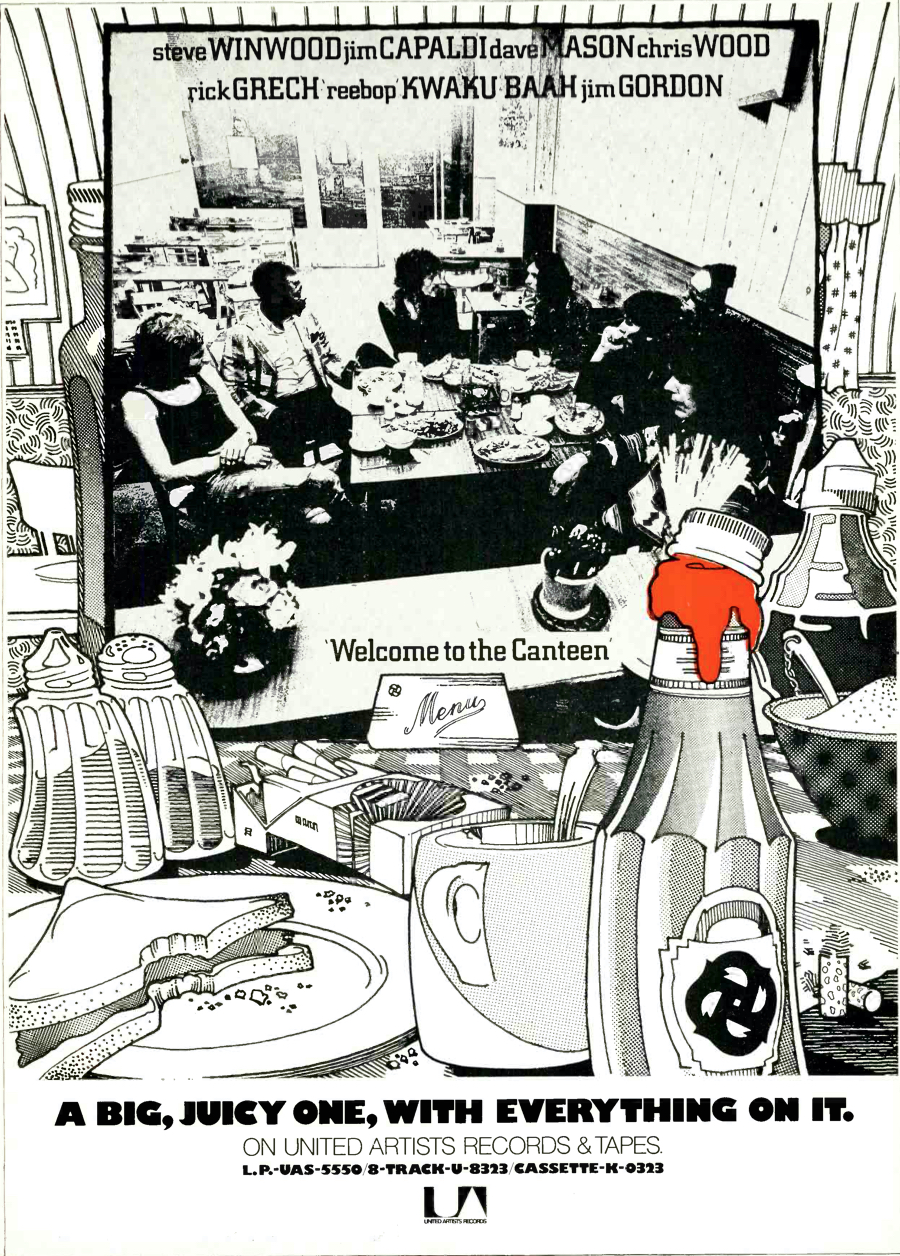
This ad for the album appeared in the Oct. 2, 1971 issue of Record World.
There were many different Traffic projects, tours and lineup changes to come. More recent history has included some really good times and some very bad ones for Winwood and co. The original four members were inducted into the Rock and Roll Hall of Fame in 2004, with Stephanie Wood standing in for her late brother Chris, who’d passed away in 1983 before reaching his 40th birthday. Kwaku Baah died in 1983 as well, the same year Jim Gordon, during a psychotic episode, murdered his mother. He was incarcerated in a state prison in Northern California for the rest of his days and died in 2023 at age 77.
Grech died in 1990 at the age of 44, and Jim Capaldi at the age of 60 in 2005. Now septuagenarians, Steve Winwood has resumed touring and issued the solid Greatest Hits Live album in 2017. Mason released a terrific re-recording of his solo debut called Alone Together Again in 2020 but health problems have caused him to stop touring.
The album is available in the U.S. here, in Canada here and in the U.K. here.

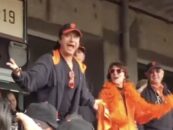
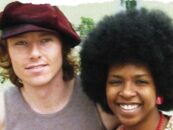
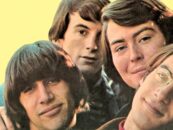
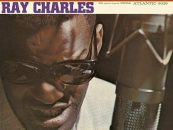

5 Comments so far
Jump into a conversationA fine essay from Mark Leviton on this assembled multitude we would know as TRAFFIC and friends. The group with many singers, and having Dave Mason coming around again made this so much better. Everyone shines here, and I guess that I didn’t know that it tanked in sales in the UK.
Time has shown that it is as good as anything else in their catalogue. I’m sure that those in attendance for this show have been telling other people since “so glad we made it!”
I really love Dave’s music, but for a guy who’s openly always marketed himself as his claim to fame being about all the famous musical people he’s played with, Mason has never seemed to have much staying power in playing with other people. I’ve yet to ever read any explanation as to what actually happened in his extremely brief tenure as an original member of Derek & The Dominoes, which last about ten minutes. I suspect that, once again, Dave didn’t feel rightly appreciated in a band that already had two good singers, not to mention playing with the guitarist who Dave’s own playing is kind of a pale imitation of.
In his recently released biography, Dave left because of the heroin usage by Jim Gordon and Eric Clapton.
I was at this show my one and only Traffic gig. Memories are vague but I do recall the sound not being great which was unusual for Fairfield Halls
This is an album crying out for reissue – there must be more than 40 minutes of music from these gigs